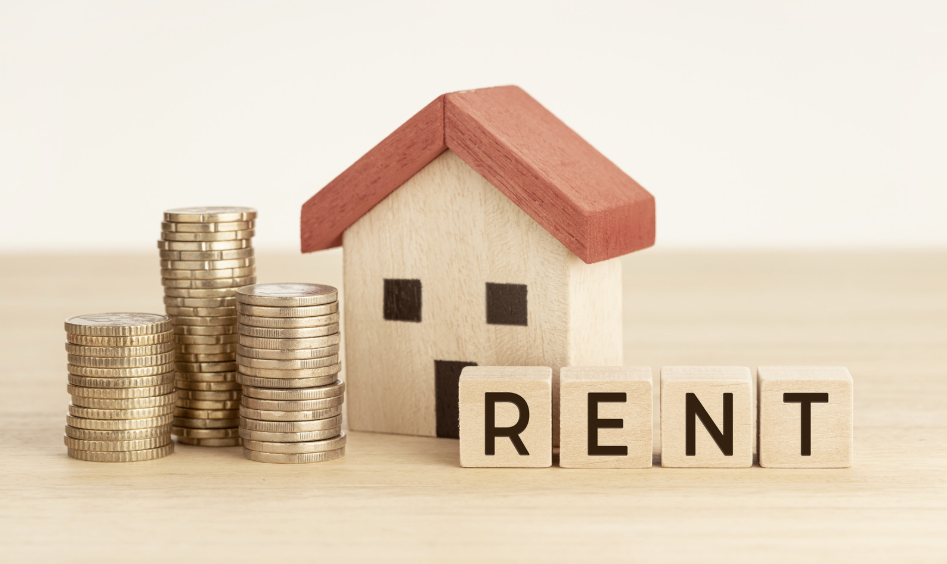Understanding Los Angeles’ Initiatives to Prevent Evictions as COVID-19 Back Rent Deadline Approaches
As the August 1 deadline for tenants to repay back rent accumulated during the initial 18 months of the COVID-19 emergency period approaches, Los Angeles city officials are ramping up their efforts to avert a potential surge in evictions. The pressing situation has put many renters in a precarious financial position, prompting immediate actions from city leadership to secure housing stability across the region. Mayor Karen Bass, along with Councilmember Nithya Raman, have unveiled a series of resources aimed at assisting those most at risk due to the pandemic’s financial aftermath.
City Initiatives and Resources for Tenants
The city’s initiatives encompass a robust public information campaign designed to educate landlords and tenants about their rights and the various assistance programs available. This outreach is essential in fostering awareness among renters, many of whom may not be aware of the support structures currently in place to help them manage their housing challenges. Through educational efforts, the city aims to empower tenants and provide them with the tools needed to navigate this challenging situation.
Collaborations with Nonprofit Organizations
In addition to public campaigns, the city is bolstering its collaboration with nonprofit organizations that specialize in housing stability and legal advocacy. These partnerships allow for a more streamlined approach to offer legal support and financial aid to those facing the threat of eviction. By working with established nonprofit entities, the city hopes to create a more effective safety net for vulnerable populations. Mayor Bass has reiterated the urgency of this effort, emphasizing the critical link between preventing homelessness and addressing the broader crisis within the municipal landscape.
The Role of Local Government in Mitigating Eviction Risks
Councilmember Nithya Raman has taken a proactive approach to the situation, working closely with the Mayor’s office and the Housing Department to mobilize tools available for tenant support. The city’s strategic plans are directed not only at minimizing immediate eviction threats but also at alleviating long-term homelessness challenges within Los Angeles. The comprehensive strategy reflects a commitment to using all available resources to protect residents facing housing instability.
Encouraging Communication Between Landlords and Tenants
With the August 1 deadline looming, tenants are strongly encouraged to seek assistance through city resources and to openly communicate with their landlords regarding potential repayment arrangements. Initiatives promoting transparent discussions between tenants and landlords can lead to mutually beneficial outcomes that allow renters the flexibility needed to resolve back rent without jeopardizing their housing stability.
Commitment to Housing Stability
The city of Los Angeles has reiterated its unwavering commitment to preventing a wave of evictions, especially in light of the ongoing economic repercussions stemming from the pandemic. Officials acknowledge that addressing the looming threat of homelessness during this period is crucial. The city seeks to balance the needs of landlords with the necessity of keeping vulnerable tenants housed, thus working toward a more harmonious resolution for all parties involved.
Future Implications and Continuing Support
As the deadline draws near, the city continues its efforts to ensure that resources are widely accessible and that tenants are adequately informed. The culmination of these support initiatives will likely have long-lasting effects on the community, potentially influencing future housing policies and landlord-tenant relationships. Furthermore, as the city navigates through this critical period, it aims to learn and adapt its strategies to foster a resilient housing environment that can withstand unexpected challenges.
Conclusion
In summary, the effort by Los Angeles city officials to prevent evictions as the COVID-19 back rent deadline approaches is a reflection of a serious commitment to protecting residents from homelessness. Through public education, collaborations with nonprofits, and a strong emphasis on open communication between tenants and landlords, the initiatives launched by Mayor Bass and Councilmember Raman aim to mitigate the impact of the economic downturn experienced by many renters. This multifaceted approach is crucial not only for the individuals directly affected but also for the broader community’s stability.
FAQs
What are the city initiatives aimed at preventing evictions?
The city has launched public information campaigns to educate tenants about their rights and available assistance, and has strengthened collaborations with nonprofit organizations to provide legal support and financial aid to those at risk of eviction.
How can tenants communicate with their landlords about repayment plans?
Tenants are encouraged to reach out to their landlords to negotiate repayment plans and discuss any challenges they face. Open and honest communication can lead to more flexible arrangements that help maintain housing stability.
What resources are available for tenants in need of assistance?
The city of Los Angeles offers various resources, including information on tenant rights, legal support through nonprofit organizations, and financial assistance programs to alleviate the financial burden of back rent.
What is the significance of the August 1 deadline?
The August 1 deadline marks the end of a period during which tenants were protected from eviction due to outstanding rent accumulated during the COVID-19 emergency. After this date, regulations change, making it essential for tenants to address any back rent owed.
Why is preventing evictions important for the community?
Preventing evictions is critical in combating homelessness within the community. Ensuring that residents remain housed not only supports individual well-being but also strengthens community resilience and stability, ultimately benefiting the city as a whole.

